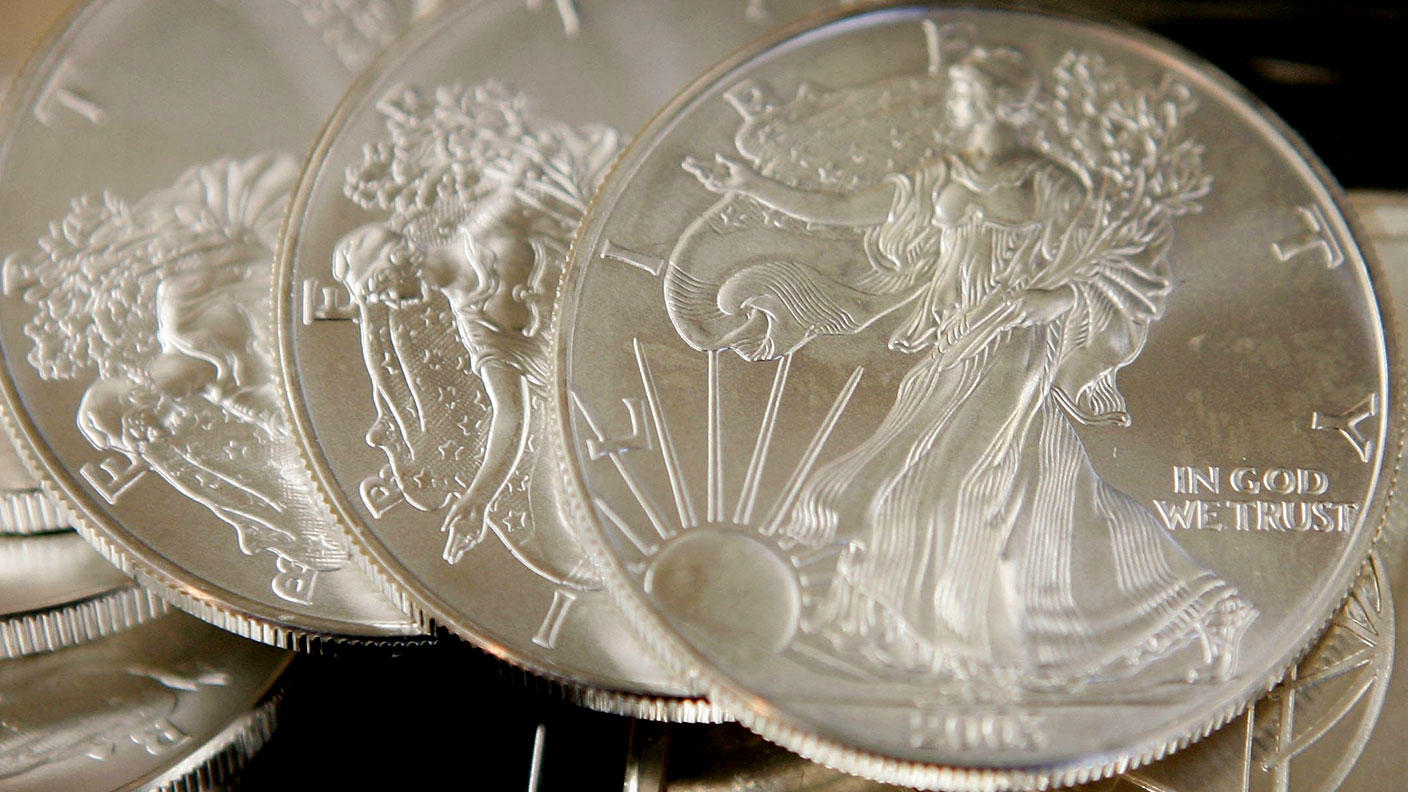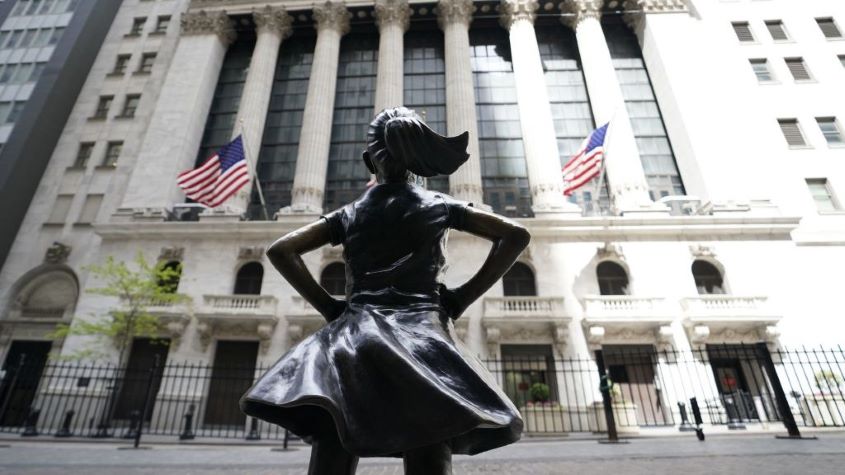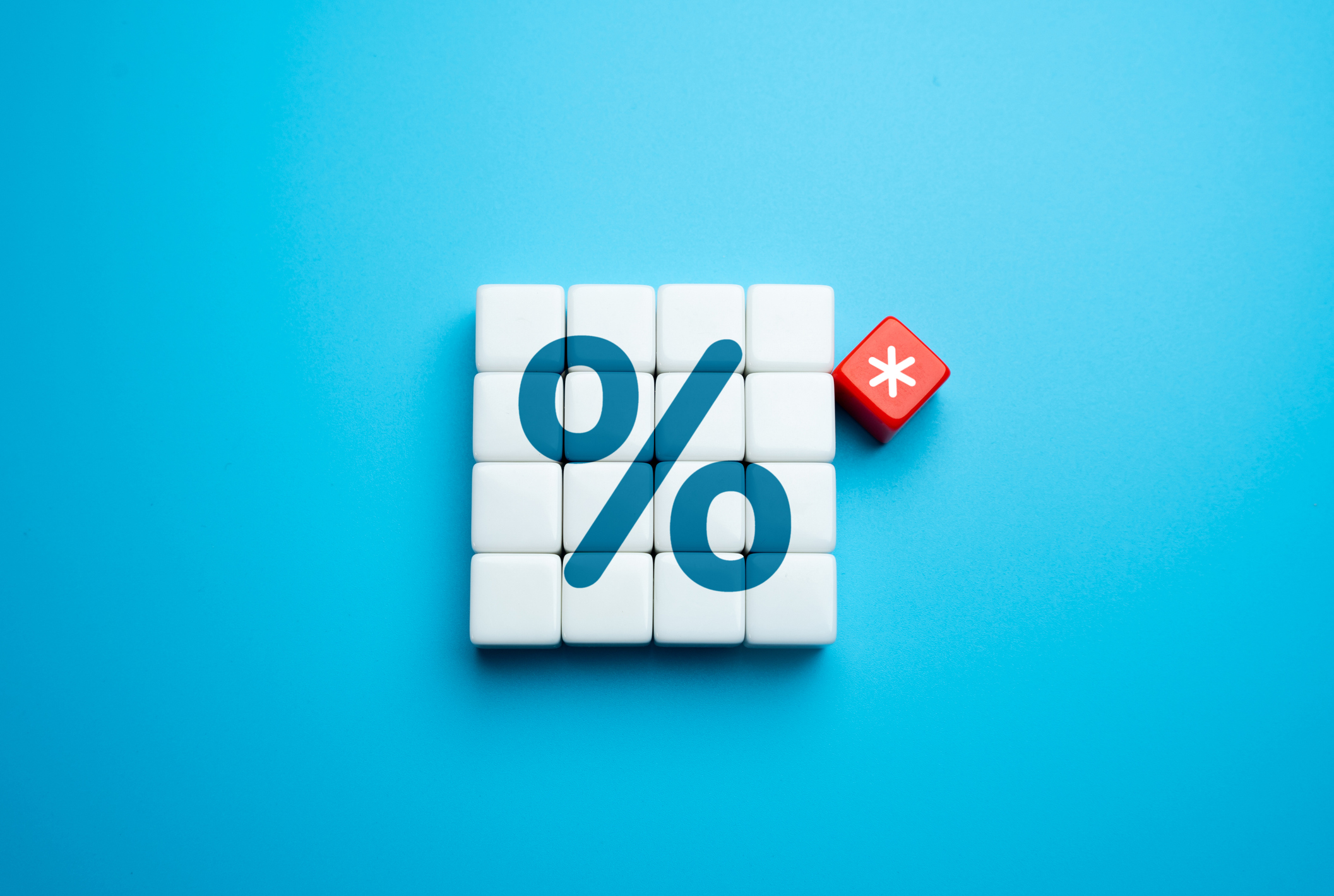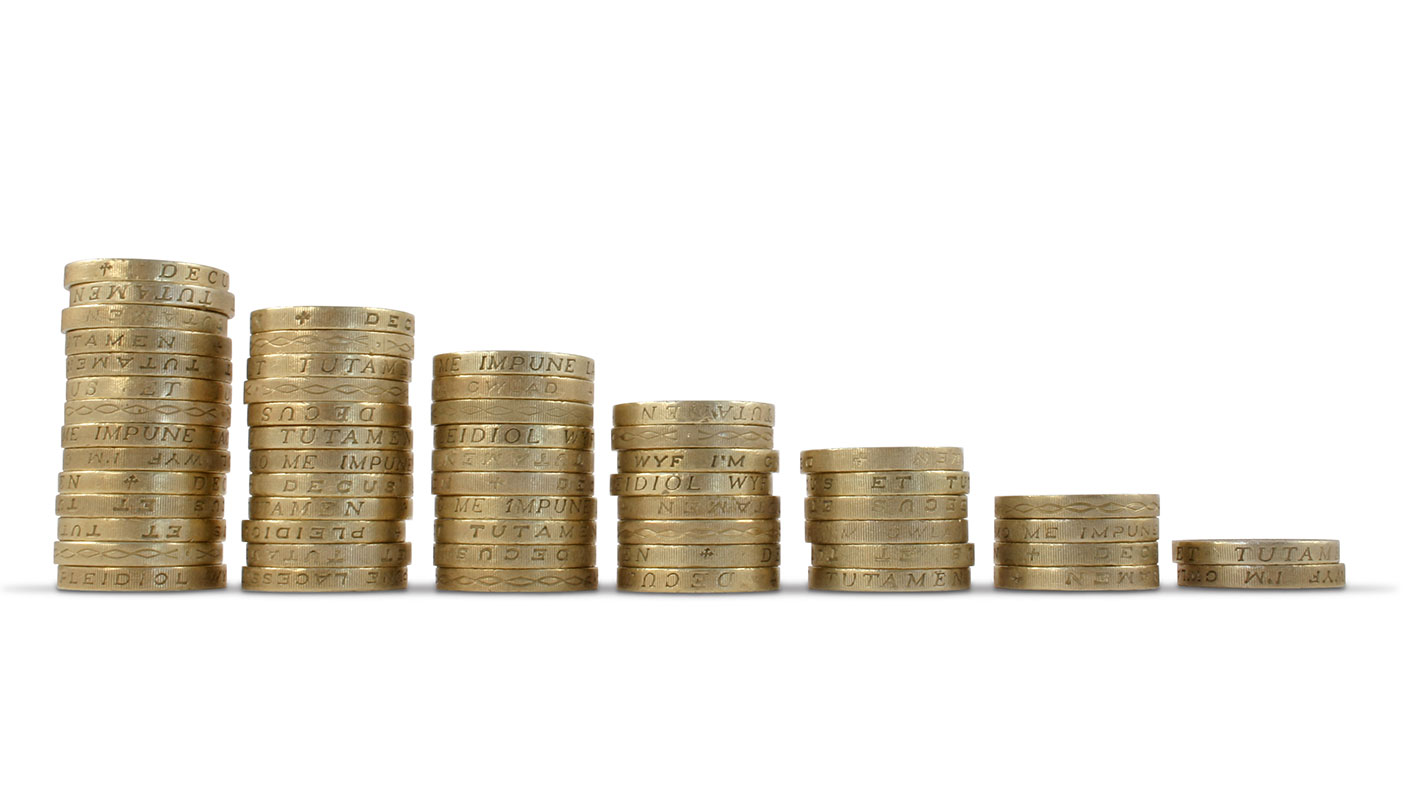The rising dollar is proving bad news for most other assets – will it last?
Precious metals, stocks and pretty much every other asset has taken a tumble as the US dollar strengthens. Dominic Frisby looks at how long this trend could last, and what you should do.


Get the latest financial news, insights and expert analysis from our award-winning MoneyWeek team, to help you understand what really matters when it comes to your finances.
You are now subscribed
Your newsletter sign-up was successful
Want to add more newsletters?

Twice daily
MoneyWeek
Get the latest financial news, insights and expert analysis from our award-winning MoneyWeek team, to help you understand what really matters when it comes to your finances.

Four times a week
Look After My Bills
Sign up to our free money-saving newsletter, filled with the latest news and expert advice to help you find the best tips and deals for managing your bills. Start saving today!
It’s all gone a bit wobbly – worryingly so.
Big falls in the FTSE 100, the Dow Jones, the S&P 500. Tech stocks, in the form of the Nasdaq index, have been slightly more resilient – at least this week. But a fortnight ago it was leading on the downside.
Gold, which is supposed to be where you go when things are dropping, has fallen below $1,900 an ounce.
MoneyWeek
Subscribe to MoneyWeek today and get your first six magazine issues absolutely FREE

Sign up to Money Morning
Don't miss the latest investment and personal finances news, market analysis, plus money-saving tips with our free twice-daily newsletter
Don't miss the latest investment and personal finances news, market analysis, plus money-saving tips with our free twice-daily newsletter
Silver has been dispatched to the boundary as though it wasn’t there, and the fielders now can’t find the ball in the bushes. (You know my long-held ambivalence towards silver. Its 20% correction this month – the large part of it coming on Monday afternoon – tells you why.)
So what’s next?
For now, the short and medium-term trend is lower for most assets
Let’s get something out of the way first. There is the notion that gold is your protection during market sell-offs. It isn’t. Lord knows how many times we have made this observation. It doesn’t.
Gold – and even more so silver – have highly speculative, levered money invested, and when liquidity tightens, that money leaves and they sell off quickly. The only thing that protects you during market sell-offs is cash, especially the US dollar. That’s where the capital goes first. To cash.
We saw this in 2008. We saw it March this year. Gold tends to crash by less than everything else, and it rallies back sooner and harder, but during the initial sell-off gold goes down with everything else.
The problem is that for the rest of the time cash is a rotten investment: it pays hardly any interest; it loses purchasing power; there is a colossal opportunity cost to be paid if you hold it, rather than assets.
And so we have this bi-polar market economy where everyone rushes to cash when things get dicey, everything falls, then suddenly everyone can’t get out of cash quick enough, and everything is back up again.
Anyway, rant over.
What happens next? Is this incredible bull market that we’ve seen since March in stocks, precious metals and other assets now over? As new and, as far as I can tell, extremely unpopular lockdown measures are imposed, with Covid-19 rearing its head again, is it time to go back to cash and hide?
It all depends on the timeframe you invest by, of course. If you’ve been reading my Monday morning technical pieces, you’ll know that I have been warning of a change in trend for several weeks now.
I like to look at the 21-day moving average – that shows you the trend over a 21-day period (effectively a month, by the time you strip out weekends when markets don’t trade). The 21-day moving averages are sloping down across the board. Stocks, precious metal and bitcoin – the markets I most closely follow – are all in short-term downtrends. They are heading lower.
But do you sell? If you sell, there might be a tax bill to pay; there are commission costs to pay; the market could rally and you would now be out. These are the difficult decisions an investor has to make.
Looking to a slightly longer timeframe, precious metals and stocks have both violated their 55-day moving averages as well. The averages are now flat and in some cases (silver and tech) sloping down.
So there’s another reason to be out.
But then longer-term – the 255-day moving average (effectively a year of trading days) – is sloping up. Longer-term the trend is up.
So what do you do? (Oh and Joe Biden might win if this carries on)
One way I mitigate against these conflicting signals is to have longer-term investment positions that I rarely touch. My gold, for example, I mostly bought in 2006, if memory serves. I hold investment trusts in my Sipp, whose managers I trust. All bought yonks ago and occasionally added to on dips, and market panics.
I have more intermediate-term investments too – especially in the mining sector. These currently are giving me the jitters, I won’t lie. I’ve lived through mining bear markets before and they are not pleasant.
Then I have my short-term spreadbetting-play money. Here, I am short.
I look at gold and I’m sure it’s going over $2,000 – I have a $2,700 target by the end of 2021. With all the money-printing that’s going on and the inflation that’s around the corner I can’t see how it doesn’t. Any move to $1,500 or something will surely only be temporary. So that makes me want to hold on to my intermediate-term mining positions.
But a trend is a trend is a trend, as I am forever saying – and it is down. Ah, decisions, decisions. I’ll probably compromise and lighten up a little bit.
My recollection of the last great gold bull market was that gold, after it had a big move up (such as this year) would then consolidate for 12 to 18 months. It seems to be doing just the same thing now. And shaking us all in the process.
But the answer to everything lies in one price: the price of the US dollar. The US dollar index spiked to 104 during the March Covid crisis. It then plummeted to 92. But there it found support. It’s made a bottom and now it is rallying – currently it sits at 94. Just that simple two-point rally and we have all this carnage.
A rising dollar is not good for asset prices, but that’s what we are getting.
One final comment: a rising US dollar probably spells a lower S&P 500, at least in the short term. If my theory is correct, that means Joe Biden will win the US presidential election. His opponent won’t want that. Will he be able to turn the spigots on and get higher stock prices one more time before November?
And what does that mean for investors? So many ifs and buts...
Daylight Robbery – How Tax Shaped The Past And Will Change The Future is available at Amazon and all good bookstores with the audiobook, read by Dominic, on Audible and elsewhere.
Get the latest financial news, insights and expert analysis from our award-winning MoneyWeek team, to help you understand what really matters when it comes to your finances.

-
 How should a good Catholic invest? Like the Vatican’s new stock index, it seems
How should a good Catholic invest? Like the Vatican’s new stock index, it seemsThe Vatican Bank has launched its first-ever stock index, championing companies that align with “Catholic principles”. But how well would it perform?
-
 The most single-friendly areas to buy a property
The most single-friendly areas to buy a propertyThere can be a single premium when it comes to getting on the property ladder but Zoopla has identified parts of the UK that remain affordable if you aren’t coupled-up
-
 What is Vix – the fear index?
What is Vix – the fear index?What is Vix? We explain how the fear index could guide your investment decisions.
-
 The outlook for stocks is improving
The outlook for stocks is improvingThis is the best of times for investors, says Max King. Global risks are receding, but few have noticed.
-
 The building blocks for an income strategy: resilience, growth and diversification
The building blocks for an income strategy: resilience, growth and diversificationAdvertisement Feature Iain Pyle, Investment Manager, Shires Income plc
-
 Investment platforms: how to avoid sub 2% interest rates on cash holdings and secure a better deal
Investment platforms: how to avoid sub 2% interest rates on cash holdings and secure a better dealDo you know how much interest the cash balance in your investment portfolio, ISA or Sipp earns? We lift the lid on the best and worst interest-payers – and explain what you can do about it
-
 Rethinking ESG investing
Rethinking ESG investingAnalysis Sustainable ESG funds are coming under attack for a lack of focus. Investors need to be selective
-
 Can a woman deliver you better returns?
Can a woman deliver you better returns?Tips Women often make better stock pickers than men, delivering stronger returns for investors - but with fewer females managing funds, how can you make sure you take advantage of the feminist touch when picking funds? Kalpana Fitzpatrick on how to filter funds run by women and why it matters.
-
 Flat fees vs percentage fees - are you paying too much for your investments?
Flat fees vs percentage fees - are you paying too much for your investments?We investigate whether it’s better to choose an investment platform with flat fees, or whether percentage charges could work out cheaper.
-
 What is a dividend yield?
What is a dividend yield?Videos Learn what a dividend yield is and what it can tell investors about a company's plans to return profits to its investors.